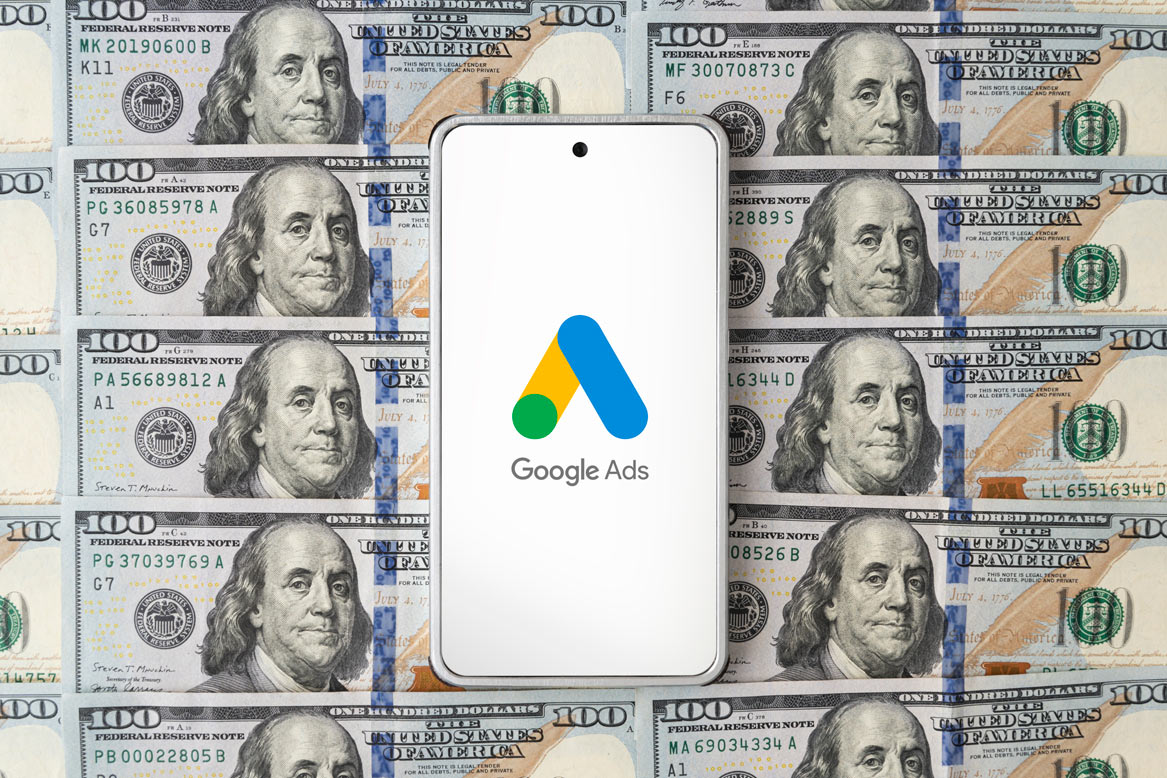Fresh from doing a SEO review of five client sites, I have to say that mobilegeddon is a bust, at least so far. Google started the roll out of this much talked about algorithm that was to have impacted over 14% of the search results in the mobile search sphere…
-
-
Mobile Bid Formula Designed by Google – How to Get Your Bid Right!
This past month across a number of AdWords accounts I’ve started to see a drop in conversions as Google AdWords more strongly serves ads in the mobile space. With click costs, impressions and click through rates nearly the same as the past 30 days when there were healthy conversions, I had…
-
Even Google Itself Says Turn Off AdSense for Mobile
I have been working with the agency team at Google.com in the AdWords division. It seems that we got recognized not for being a Google AdWords Certified Partner, or for being a Google Engage for Agencies Member, but for managing so many accounts with a big ad spend. Yeah, maybe Google…
-
My Google AdWords Content Strategy
This is an interesting trend that I have seen across many accounts on Google AdWords: conversions to sales from the content network. So, if you have an AdWords program what is the best practice for trying out content without it sapping your entire click budget? Well, this is what I…









